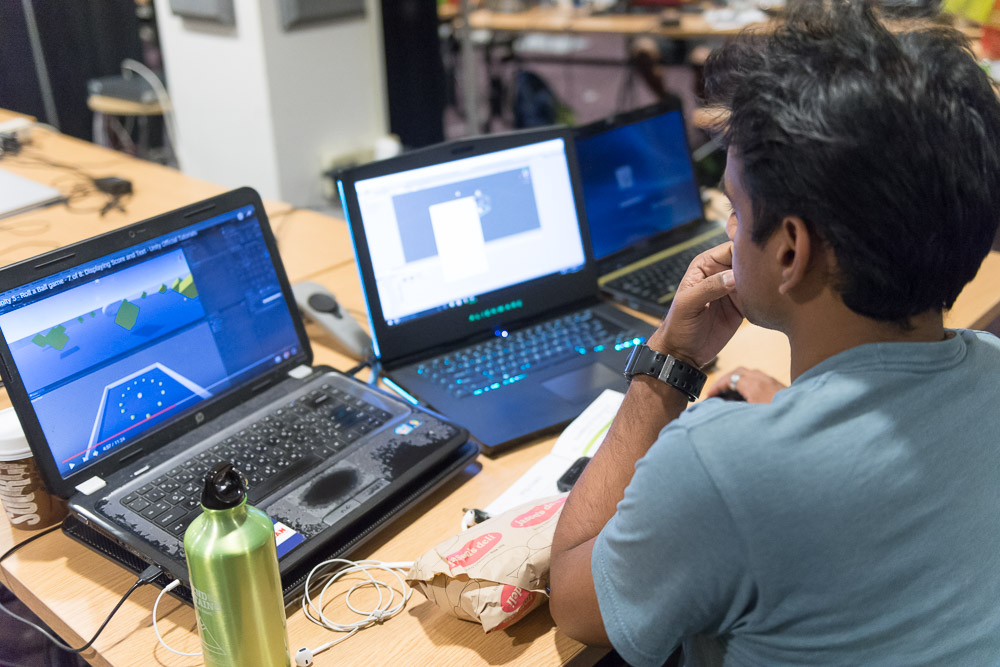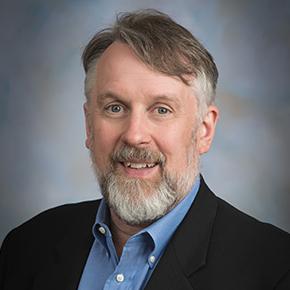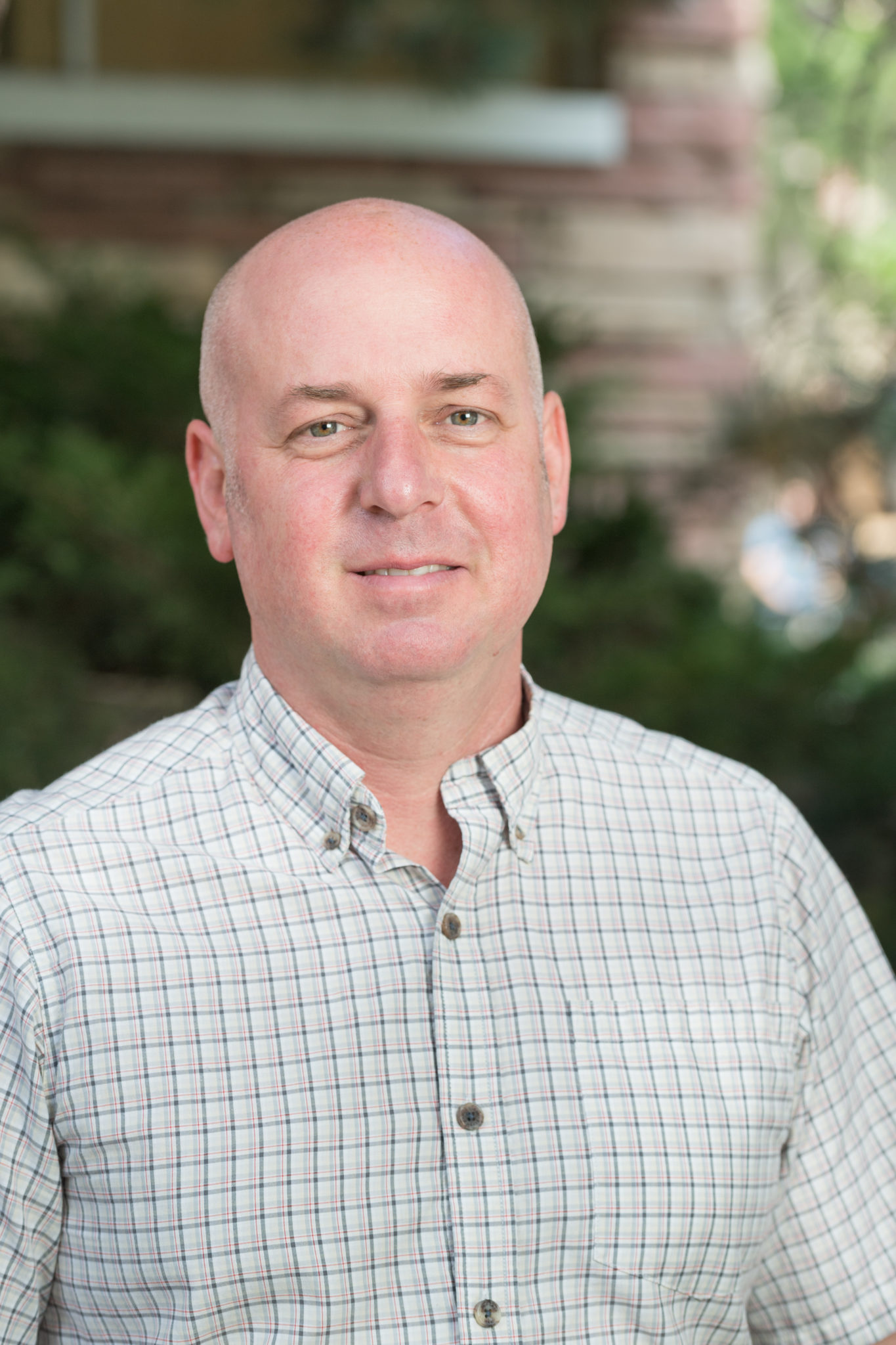
Whether it is designed to make our lives easier, to help us do things faster, or to connect us with the rest of the world, digital/computer technology has become an integral part of society’s day to day functioning, and each year the tech available to us is more complex. Through a co-taught course between philosophy and computer science at CSU, computer science students are asked to grapple with whether or not the technology they produce serves as an effective extension of human values and morals.
Computer Science Department Chair Craig Partridge and Associate Professor of Philosophy Moti Gorin have served as the driving force behind the creation of CSU’s Ethical Computing Systems course (CS/PHIL 201). Offered to students for the first time during the Spring 2020 semester, Ethical Computing Systems aims to cover moral theory and its application to a number of relevant topics at the intersection of computer technology and ethics. Students draw on utilitarianism, deontology and virtue ethics during the course, and by the end are able to understand the ethical complexity of computer science careers in the 21st century.
“The world and their [students] living in the world is imbued with values, whether or not they were initially thinking about it in those terms,” says Gorin. By weaving these important ethical theories into the curriculum, Gorin hopes to give students the tools they need to think about their values and obligations in a more structured and systematic way.
Using content like recent newspaper articles, the course seeks to address the immediate relevance of issues such as accidental bias in AI development, safety concerns surrounding self-driving cars, or social media and its influence on the human psyche. On a usual day, lively discussions and debates occur, often giving rise to a diverse range of perspectives from both professors and students.


“Every class there was a new topic that we had the opportunity to research, discuss, and evaluate from a few moral perspectives,” says Hayden Corbin, computer science student. “Previously, I had no concrete method for determining the ethicality of a circumstance, but I walked away from the class feeling more prepared and educated on how to approach dealing with those issues.”
Partridge stated, “Our hope is that they [students] will recognize situations where ethical thinking might be required and understand that there are multiple ways to evaluate an ethical question.”
After each semester the course curriculum is revised to provide students with greater exposure to rapidly developing tech issues and to capture the breadth of Computer Science ethics in the modern world. To this point, Partridge expressed, “It’s part of a continuing effort by the CS department to make our courses more accessible and for students to fully understand the ramifications of the technology that we’re creating.” Gorin adds: “Broadly speaking, there are many challenges facing us as a society as technology develops more quickly than our ability to think about it critically… we are looking at sex bias and race bias in coding and computer science so students are prepared to look at these biases and mitigate them in their own lives and in their own companies.”
“Broadly speaking, there are many challenges facing us as a society as technology develops more quickly than our ability to think about it critically… we are looking at sex bias and race bias in coding and computer science so students are prepared to look at these biases and mitigate them in their own lives and in their own companies.”
Currently, Ethical Computing Systems is required for Computer Science majors and that requirement is soon to be extended to Data Science majors, too. For students, the impact of this course has been significant. Professors have noticed students seeking guidance on how to apply computing ethics into their own lives, whether it be at their jobs or internships or for personal projects. Corbin said, “The class helped me to understand that a job in the field was not just a job to benefit myself, but would have far-reaching and lasting implications beyond the field…”
Students walk away from the course with a well-developed toolkit for addressing a multitude of concerns that may arise as they continue their careers, as well as with a better understanding of their responsibilities and roles as computer scientists. The continued development of the Ethical Computing Systems course is something that will push CSU Computer Science students to consider the interplay between what we can do technologically and what we could or should do ethically, ensuring that the programs we use and the cars we drive are built with human values in mind.